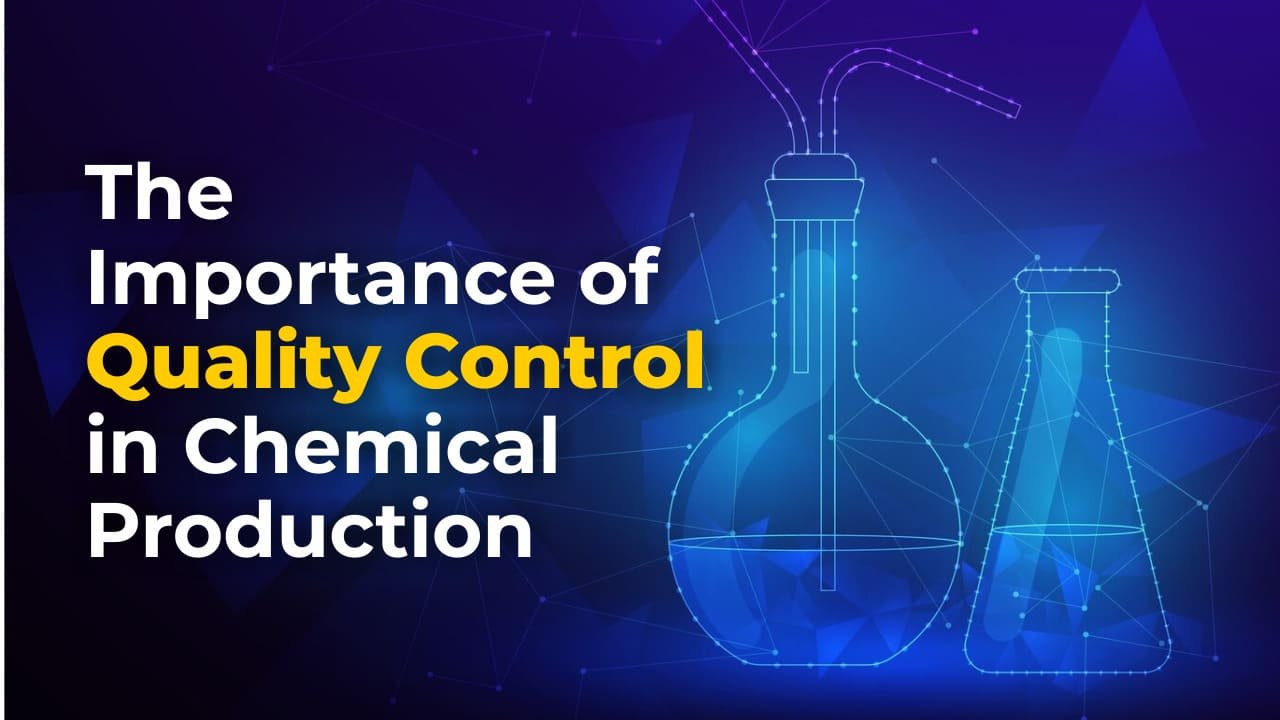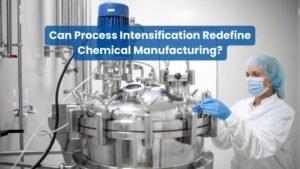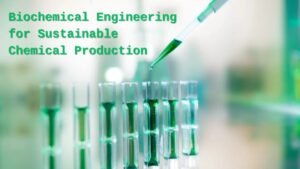Quality control in chemical production is an essential aspect of the manufacturing process, ensuring that products meet the required standards and are safe for use. The chemical industry plays a critical role in various sectors, including agriculture, food and beverages, textiles, and more. Given the potential hazards and the wide-ranging applications of chemicals, maintaining high standards of quality is imperative to protect public health, ensure environmental safety, and enhance product efficacy.
Defining Quality Control in Chemical Production
Quality control refers to the systematic process of checking and verifying that the chemical products being produced meet specified criteria. This includes ensuring that the raw materials are of the required quality, monitoring production processes, and conducting rigorous testing on the final products. Quality control in chemical production is not only about meeting regulatory standards but also about exceeding them to provide the best possible products.
The Role of Quality Control in Ensuring Safety
Safety is paramount in chemical production. The improper handling or production of chemicals can lead to dangerous reactions, exposure risks, and even catastrophic accidents. Quality control measures are put in place to prevent these issues by ensuring that:
- Raw Materials- The purity and quality of raw materials are crucial in chemical production. Contaminants in raw materials can lead to unwanted reactions and compromise the safety of the final product.
- Production Processes- Consistent monitoring of production processes ensures that chemicals are produced within the correct parameters. Any deviation from these parameters can result in unsafe products.
- Final Products- Quality control involves testing the final product for safety, ensuring that it is free from impurities, and meets all required safety standards.
Regulatory Compliance
The chemical industry is highly regulated due to the potential risks associated with chemical production and usage. Quality control is essential for ensuring compliance with local, national, and international regulations. These regulations are in place to protect consumers, workers, and the environment. Non-compliance can result in legal penalties, product recalls, and damage to a company’s reputation.
- ISO Standards- Many chemical companies adhere to ISO standards, such as ISO 9001, which focus on maintaining a robust quality management system.
Maintaining Product Consistency
Consistency is crucial in the chemical industry, where even minor variations in product composition can lead to significant differences in performance. Quality control ensures that every batch of chemicals produced is consistent in terms of composition, potency, and effectiveness.
- Batch Testing- Quality control processes involve batch testing to ensure that each batch of chemicals meets the required specifications. Any batch that does not meet the standards is either reprocessed or discarded.
- Standard Operating Procedures (SOPs)- Implementing SOPs for every stage of production ensures that processes are followed consistently, reducing the risk of variation between batches.
Enhancing Product Efficacy
In addition to safety and consistency, quality control also plays a crucial role in ensuring the efficacy of chemical products. Whether it’s a cleaning agent or an agricultural pesticide, the product must perform its intended function effectively. Quality control measures help to:
- Verify Active Ingredients- Ensure that active ingredients are present in the correct quantities and that they are stable and effective throughout the product’s shelf life.
- Eliminate Impurities- Detect and remove any impurities that could reduce the efficacy of the product or cause undesirable side effects.
Protecting Brand Reputation
A strong focus on quality control helps to build and maintain a company’s reputation. In the chemical industry, where the stakes are high, any lapse in quality can lead to serious consequences, including product recalls, legal issues, and loss of customer trust. A commitment to quality control demonstrates to customers, regulators, and stakeholders that the company prioritizes safety, consistency, and efficacy.
- Consumer Trust- High-quality products build consumer trust and loyalty. Customers are more likely to return to a brand that consistently delivers reliable and safe products.
- Industry Leadership- Companies known for their stringent quality control standards often lead the industry, setting benchmarks for others to follow.
Environmental Impact and Sustainability
Quality control also plays a role in minimizing the environmental impact of chemical production. By ensuring that processes are efficient and that waste is minimized, companies can reduce their ecological footprint. This includes:
- Efficient Use of Resources- Quality control helps in optimizing the use of raw materials, energy, and water, reducing waste and lowering the environmental impact of production.
- Safe Disposal of Waste- Proper quality control ensures that any chemical waste produced is handled and disposed of safely, in compliance with environmental regulations.
Innovation and Continuous Improvement
Quality control is not just about maintaining standards; it’s also about continuously improving processes and products. The data collected during quality control processes can be used to identify areas for improvement, leading to:
- Process Optimization- Identifying inefficiencies in the production process and implementing changes to improve productivity and reduce waste.
- Product Development- Using quality control data to drive innovation in product development, leading to new and improved chemical products.
The Human Element in Quality Control
While technology and automation play a significant role in quality control, the human element remains crucial. Skilled professionals are needed to design quality control processes, interpret data, and make informed decisions. Investing in training and development for quality control personnel is essential for maintaining high standards in chemical production.
- Training and Certification- Ensuring that quality control staff are well-trained and certified in relevant areas, such as ISO standards, and safety protocols.
- Continuous Learning- Encouraging a culture of continuous learning and improvement among quality control teams to keep up with industry advancements and best practices.
Conclusion
Quality control is the backbone of chemical production, ensuring that products are safe, effective, and consistent. It is a complex and multi-faceted process that requires careful planning, skilled personnel, and a commitment to continuous improvement. For companies in the chemical industry, investing in robust quality control systems is not just a regulatory requirement—it is a strategic imperative that can drive long-term success, protect public health, and contribute to a more sustainable future. As the industry evolves, the role of quality control will continue to grow in importance, ensuring that chemical products meet the highest standards of excellence.








